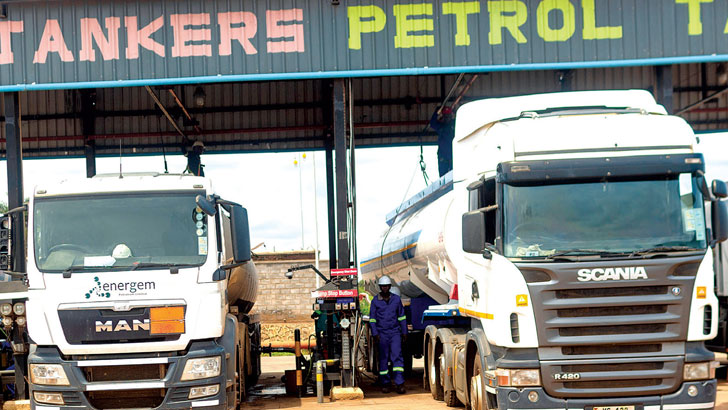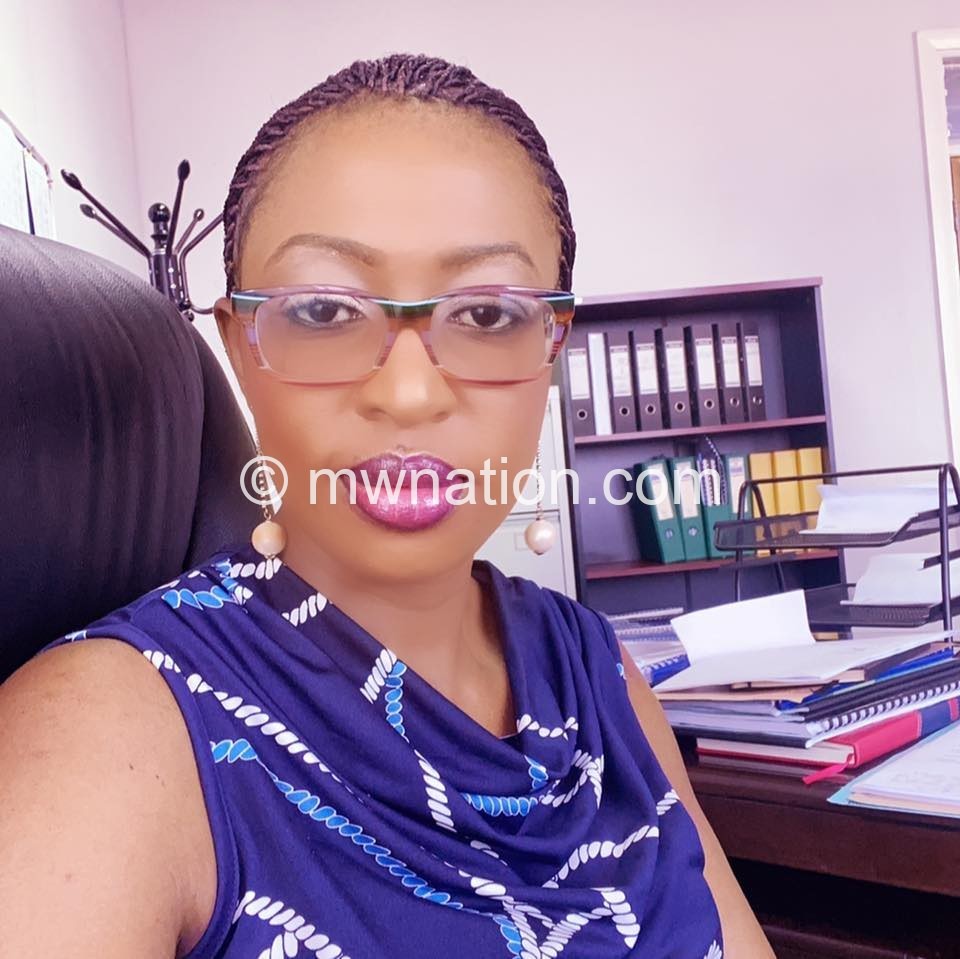Fuel crisis looms
National Oil Company of Malawi’s (Nocma) decision to change fuel procurement system risks plunging the country into a fuel crisis as a bank expected to bankroll the importation has gotten cold feet about the process, Weekend Nation can reveal.
An impeccable source confided in us that Trade Development Bank (TDB) of Kenya––which is expected to provide financing for the supply and delivery of the fuel—has instituted its own investigations using local lawyers to interpret the High Court ruling on use of Delivered at Unloaded (DPU) system.

Reserve Bank of Malawi (RBM) spokesperson Ralph Tseka confirmed TDB’s situation, in an interview on Wednesday, saying it is not clear how long the investigations will take.
Said Tseka: “As RBM, we are aware of the concerns raised by the bank on legality of the procurement systems and we are just waiting for the resolution between TDB and Nocma.”
But when asked for comment, Nocma deputy chief executive officer Hellen Buluma said: “I am ignorant on this one. I suppose the inquiry is being made to a wrong institution as the facility you are referring to is held by RBM as part of strategic commodity facility on behalf of Malawi government.”

In an earlier interview, she justified why the company proceeded to award contracts using a different procurement system.
“As for Nocma, taking into account the risk of the country running dry and knowing we are responsible for the reserves and the stocks have been depleted to almost minimum levels, we proceeded to award the contracts,” said Buluma.
TDB last approved use of the facility for November 2021 and the delay to renew use of the facility for the December window is likely to affect availability of fuel in the coming months.
According to Tseka, RBM entered into a facility with TDB in 2012 and the $307.2 million revolving facility has been instrumental as the main line for importation of fuel and other strategic commodities.
He said: “The tranche assists RBM in that fuel is imported on letters of credit (LCs) issued by TDB wherein the bank repays the same after 90 days. This gives us time to source funds while ensuring a steady supply of fuel in the country.”
Nocma, which rides on the RBM facility, uses at least $20 million monthly to import fuel into the country.
In a statement issued on August 6 2021, Anti-Corruption Bureau (ACB) director general Martha Chizuma gave Nocma permission to proceed with awarding of contracts for fuel under contract number NOCMA/ICB/FUEL/2020/2021and to follow the Ex-Tank method as per existing High Court order.
In a follow up letter to Nocma, dated August 16 2021, ACB sought to clarify its earlier communication on Consent to Deal, the graft-busting body said: “Our understanding of the ruling by the court was in the context of the fact that the whole ruling simply makes reference to two methods of fuel importation—DDU and Ex-Tank. In addition to this is the fact that your own bid document by which this procurement process proceeded only mentioned the two incoterms—DDU and Ex-Tank.
“Accordingly, for us, if you could not proceed by way of DDU as per the court ruling, the only other method to use was the Ex-Tank method.
“Based on the above, and our clarification this morning, we would like to further clarify our Consent to Deal that as per the court order, you are to proceed with the fuel importation, however, in so importing you cannot use DDU method,” Chizuma stated in the letter.
In a telephone interview yesterday Martin Msimuko, who is chief executive officer for Petroleum Importers Limited (PIL), painted a gloomy picture of fuel supply in the coming months, saying due to forex shortages, the company may not be able to import enough volumes that may last up to January 2022, adding that by February, if the situation doesn’t improve, then the country may face fuel shortages.
He disclosed that since September this year, the company was asked by Malawi Energy Regulatory Authority (Mera) to increase PIL monthly fuel volumes of 20 million litres to around 30 million litres to cover up for Nocma which is failing to import enough fuel.
In January this year Mera also declined to approve Nocma’s application to award contracts to the selected suppliers, citing concerns of overpricing.
The Mera board said the contracts were expensive and would cost the taxpayer K45 billion more due to the DDU procurement system that Nocma wanted to use and which two of its preferred bidders wanted to use.
The Natural Resources Committee of Parliament gave Nocma a nod to complete the controversial procurement process despite the impasse with the regulatory body.
The committee’s chairperson Welani Chilenga while feigning ignorance of the hurdles Nocma is facing, said he will engage a meeting with them soon.
DPU has, throughout the fuel procurement process, not been part of the national discourse and none of the preferred bidders were evaluated under it.
Delivered Duty Unpaid (DDU) and Ex-Tank were the only ones used before Nocma brought DPU into the picture.
DDU refers to a system in which the supplier assumes all the risks for delivery of the product from external depots at the ports to various internal depots in the country.
While, on the other hand, DPU, initially known as Delivered at Terminal (DAT), is a system where the seller assumes all costs and risks until the goods are unloaded at the agreed named place of destination. The buyer is responsible for import customs formalities.
Nocma awarded contracts to Lake Oil Limited and Camel Oil (T) Limited, which will supply and deliver into the country 100 000 metric tonnes (MT) and 54 820 MT of refined petroleum products, respectively, from Beira and Nacala in Mozambique and Dar es Salaam in Tanzania.
In April 2021, the Fuel Tankers Operators Association obtained a court order restraining Nocma from using the DDU method, which they argued was illegal and a contravention of regulations. The group prefers the Ex-Tank, which it argues is good for local fuel hauliers.
Then, in May 2021, Human Rights Defenders Coalition wrote ACB, asking for “an immediate, investigation on each step of the procurement process”.
In June 2021, the ACB, finally, restricted the procurement process to pave the way for investigations into the various alleged anomalies in the process.
Commenting on fuel situation in the country Mera spokesperson Fitina Khonje observed that fuel levels at the reserves fluctuates and the most important thing is the country’s ability to continue to import fuel adding that at the moment all is well.
Said Khonje: “ But generally though we know the importers secured financial instruments from commercial banks enough to sustain seamless flow of fuel into the country.





